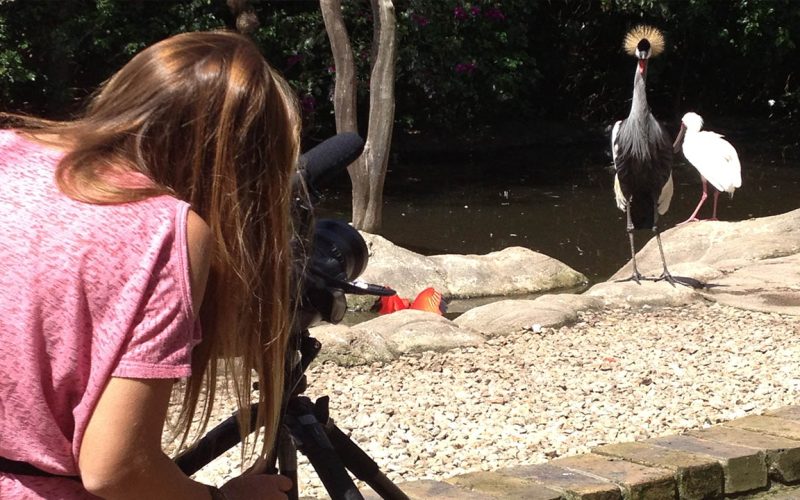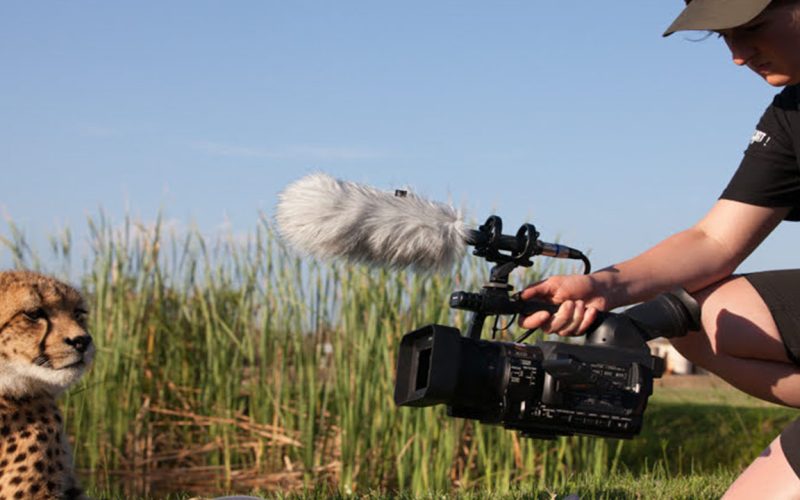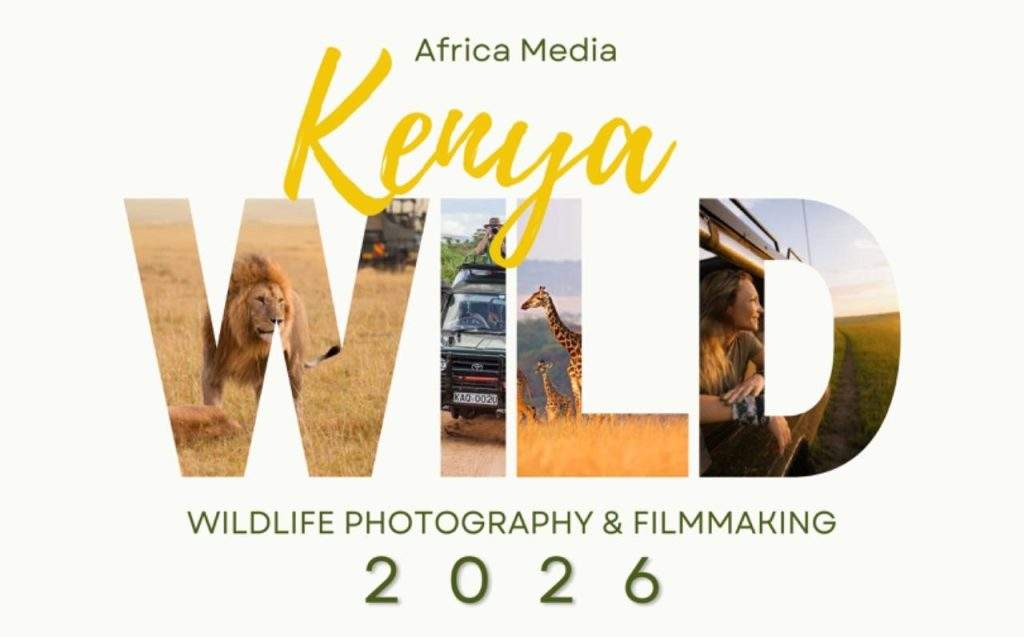Getting started in a wildlife filmmaking career: Take One
In this two part series, we explore the fundamentals of getting started in a wildlife filmmaking career. In Take One, we give a brief description about what it really entails to establish yourself in this field. Take Two will give a more practical approach to what you can do to establish yourself in this highly competitive field.
Wildlife filmmaking has a glamorous “dream job” reputation. It is seen as exotic travel mixed with spectacular wildlife experiences and epic adventures. Sometimes – despite long hours, hard work and tropical illnesses – that’s exactly what it is. It’s no surprise that so many people aspire to become wildlife filmmakers. Here’s some advice on getting started. However, this job is not necessarily for everyone. It’s important to realise there are some downsides to getting started in wildlife filmmaking.


Download FREE eBook featuring 40 proven fundraising techniques to finance your next overseas experiential adventure
What jobs are there?
There are several job types in wildlife filmmaking. In addition to camera operators, there are researchers, assistant producers, producers, production managers, production coordinators, editors and more. Most of the time, wildlife camera operators are freelance. This is important to remember when starting out, as this is where you’ll probably be starting out.
Reality check
As wildlife filmmakers, we are privileged to witness some of the most spectacular wildlife events, even if they are often viewed via the small viewfinder of a video camera. Local, everyday wildlife is often just as enjoyable to film. Most of us are at our happiest in the wild and are doing it for the love of the job.
This said, there is not much, if any, job security in wildlife filmmaking. There is a core of people in the industry who keep busy most of the year, but there are significantly more who struggle to make ends meet. It is very competitive and you will find yourself competing for jobs with people who have been around a lot longer, have more contacts and are more experienced. Producers tend to hire people they have worked with successfully in the past first.
The ups and downs
Particularly in the early years, wildlife camera work has been compared to drug addiction. Its the best feeling in the world when you’re doing it, but can be pretty lonely, frustrating and demoralising when you can’t find work. Many can relate to a feeling of wanting to get out of the industry and wondering how else to earn a living. Then, a few days of work comes along and injects that high again, making you realise that it really is what you want to do.
It’s tough out there
When you’re only getting started in wildlife filmmaking, it can take years to get established as a freelancer. Even some of the most respected names in the business say that they haven’t had any work for a couple of months or more. What’s more, if you get to the stage where you join frequent filming trips, it can be disruptive to social life and destructive to relationships. It’s a way of living that can be easy to accommodate in your 20’s but, in your 30’s and beyond, with extra responsibilities it can get a bit stressful.
Filming contracts worth thousands of pounds can get cancelled overnight. Last-minute bookings come along and tear you away from family. It can be hard to plan social events ahead of time. There’s no fixed annual salary. You’ll have good years when everything comes together and bad years when you suddenly find yourself back on a bare minimal salary.
Day to day as a cameraperson, you’ll likely be the first person out of bed in the morning and the last one into bed at night. You have to be able to maintain camera kit in all manner of conditions. You have to navigate trolleys full of cases through airports and organise local help where necessary. As a camera operator, you need to be adaptable and multi-skilled. Every location is different and will have its own challenges.
On the positive side…
Of course, it’s not all bad. There definitely are times when you can’t help but think: “I can’t believe I’m getting paid to do this!” However, don’t underestimate the downsides. If you are truly passionate about nature and making images, the long hours and unpredictable timetable and finances will seem minor. If you are stoical and still think it’s for you, have a look at Take Two of this article. Here, we tackle the more practical approaches to establish yourself in a wildlife filmmaking career.
Blogger Profile - Ryan Johnson
Ryan is an established wildlife filmmaking and shark biologist in South Africa. His academic and filming work are regularly featured on documentaries for international broadcasters. In 2012, he developed the wildlife filmmaking internship program with Africa Media
Kickstart your wildlife media career!
Find your perfect wildlife media speciality program




